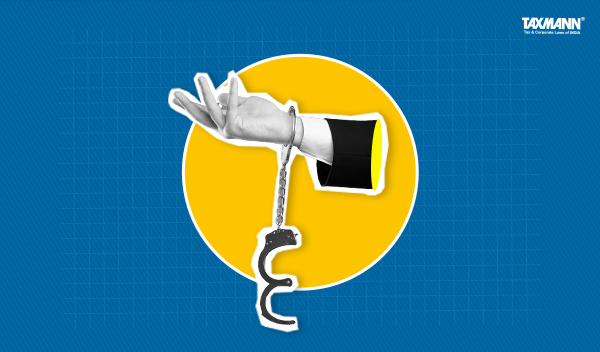AO Can’t Levy Penalty for Misreporting of Income if Additions Were Made on Estimate Basis | ITAT
- News|Blog|Income Tax|
- 2 Min Read
- By Taxmann
- |
- Last Updated on 11 September, 2024

Case Details: VDB Infra and Realty (P.) Ltd. & Income-tax Officer - [2024] 165 taxmann.com 293 (Bangalore-Trib.)
Judiciary and Counsel Details
- Chandra Poojari, Accountant Member & George George K., Vice President
- Dr. E. Phalguna Kumar, AR for the Appellant.
- Subramanian S., DR for the Respondent.
Facts of the Case
The assessee company was engaged in constructing apartments and flats. It claimed various expenditures, including depreciation, incurred wholly and exclusively for business. The Assessing Officer (AO) disallowed farm fire safety expenses and tor steel rolling expenses because the assessee could not substantiate his expenses with concrete evidence.
Accordingly, the AO passed penalty order levying penalty under section 270A(9)(a) stating that there was misreporting of income.
On appeal, the CIT(A) confirmed the penalty imposed by AO under section 270A(9)(a). Aggrieved by the order, the assessee filed an appeal to the Bangalore Tribunal.
ITAT Held
The Tribunal held that the assessee produced the books of accounts and vouchers and that the payments were made through banking channels. The payments that were subject to tax deduction were deducted. Still, the AO was of the opinion that the assessee did not produce concrete evidence to support the payments.
The disallowance of expenditure made by the AO on an estimate basis, though the assessee filed all the necessary details of expenditure, which the AO did not accept for the reason best known to him and as such, this case is not fit for levy of penalty under section 270A(9)(a) or 270A(9)(c). Though the addition was made on an ad-hoc basis, that by itself does not prove that there was any conclusive material to suggest that the assessee had not incurred this expenditure. A penalty cannot be levied in this kind of situation unless the assessee’s claim was proved to be bogus or that any amount was not spent by the assessee or received back by the assessee.
In other words, the disallowance of expenditure by itself cannot be the reason to levy the penalty under section 270A(9)(a) or 270(9)(c). The addition was only on an estimate basis, and the AO could not prove that there was a non-incurring of this expenditure by the assessee. There was no positive material to suggest that the assessee misrepresented or suppressed any facts either before the AO or CIT(A).
Hence, it was opined that this was not a fit case for penalty under section 270A(9)(a) or 270A(9)(c). Accordingly, the penalty was deleted.
List of Cases Referred to
- the case of”Jai Balaji Business Corporation Pvt. Ltd. v. ACIT ITA No.840/Pune/2022 (para 3).
Disclaimer: The content/information published on the website is only for general information of the user and shall not be construed as legal advice. While the Taxmann has exercised reasonable efforts to ensure the veracity of information/content published, Taxmann shall be under no liability in any manner whatsoever for incorrect information, if any.

Taxmann Publications has a dedicated in-house Research & Editorial Team. This team consists of a team of Chartered Accountants, Company Secretaries, and Lawyers. This team works under the guidance and supervision of editor-in-chief Mr Rakesh Bhargava.
The Research and Editorial Team is responsible for developing reliable and accurate content for the readers. The team follows the six-sigma approach to achieve the benchmark of zero error in its publications and research platforms. The team ensures that the following publication guidelines are thoroughly followed while developing the content:
- The statutory material is obtained only from the authorized and reliable sources
- All the latest developments in the judicial and legislative fields are covered
- Prepare the analytical write-ups on current, controversial, and important issues to help the readers to understand the concept and its implications
- Every content published by Taxmann is complete, accurate and lucid
- All evidence-based statements are supported with proper reference to Section, Circular No., Notification No. or citations
- The golden rules of grammar, style and consistency are thoroughly followed
- Font and size that’s easy to read and remain consistent across all imprint and digital publications are applied



 CA | CS | CMA
CA | CS | CMA
